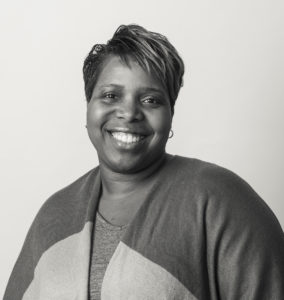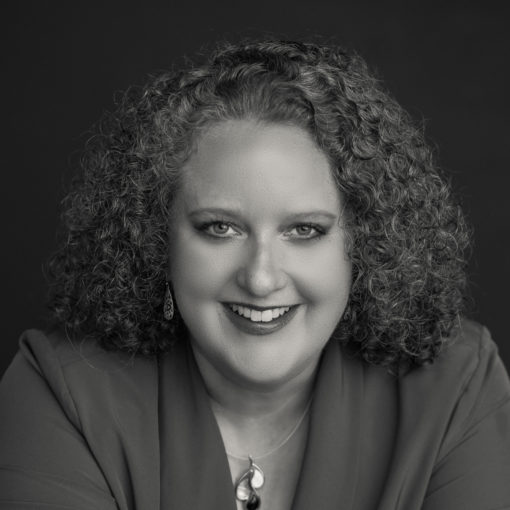
Dwana Bradley | Publisher, The Urban Experience Magazine; Executive Director, Iowa Juneteenth Observance
The Idea: Create a safety net that helps educate, financially support and encourage those receiving assistance to transition from welfare without fear of a financial cliff.
There are many systems put in place. These systems can help or hurt an individual. Today, I would like you to think about some of the systems currently in place. I’m going to address and provide ideas to enhance the current system.
I have been or currently am a part of the following systems: welfare, education, criminal justice, Social Security and unemployment. Each system has rules and regulations to follow, and there is an expectation of the individual who participates.
When I first had to file for food stamps, Title 19 and child care assistance, I was ashamed.
I had these feelings because of the negative ideas that came with a person receiving assistance, but my family helped me get past those feelings. While the assistance helps, it created a fear in me that I didn’t expect.
Each time you are approved for assistance you are told when you go over a certain dollar amount of income, you must report this and more than likely you will lose your assistance. The letter doesn’t tell you that assistance will be lost, but everyone who has been on this system knows that’s the case.
I found myself not wanting to go over that dollar amount because if I did, I lost the safety net that I needed to provide for my children. The idea of losing the assistance made me more nervous than anything.
As a former teacher we used a term when teaching students called gradual release of responsibility. This involves the learning process from the teacher to the eventual independence of the learner. In simpler words, show the student, help the student, and then let the student do things on their own.
I believe that we should release individuals off welfare in this kind of way. There should be a program in place like Social Security disability that allows individuals to receive their assistance for nine to 12 months while working. During this period, a person could still receive their full assistance, but at month six the amount would be decreased, followed by a decrease in month nine, and subsequent reductions during the last three months until an individual is assistance-free.
I also feel that during the release, classes or trainings should be provided to show individuals how to save money, create a budget and make it month to month. Creating an exit from the program in this type of way would decrease the fear people have of reporting when they get a job, but also leaves a safety net underneath them so they can succeed, as opposed to taking the net away when just a dollar too much is made, and an individual then falls back on assistance.
I thankfully have a clean record. But I have family and friends who have applied for jobs and, due to their records of criminal acts, they are still being reminded of the things they’ve done every time they apply for a job.
I had a woman tell me she applied for a job and had a misdemeanor from 20 years ago, and to get the job she had to jump through so many hoops, she refused. I’ve had family members just get out of jail and are immediately denied jobs, and they might get a job at a temp agency, which is great, but when an employer is ready to hire them, they can’t due to their criminal record.
We keep people in a prison when we deny them a job as they’ve served their time and are trying to create a better life. I suggest a plan be put in place so that after five to 10 years an employer can’t see if you have a criminal record. And when someone gets out of jail, if the only reason they can’t get a job is because of the crime they committed, they could be put on a probationary period when hired and then evaluated after 90 days. If they are doing a great job, keep them on as an employee. I believe this is a win for employers and employees.
I understand that changing the system is challenging, and many are comfortable with the way things are. But if we want the city of Des Moines to be a greater community, we need people who will speak up, stand up, and challenge the current systems in place to make this a great community for all and not just a few.
back before we can take a step forward.
Let’s give our property owners – commercial and residential – the motivation and resources to make all of Greater Des Moines a more walkable and equitable place to call home. >
+1 Margo Jones | Community Member, Retired
Create a task force specifically to deal with systemic policies and practices that negatively and disproportionately affect the quality of life of communities of color. This task force should be made up of individuals from other states that have demonstrated proven successful outcomes for projects they have been involved in. >




